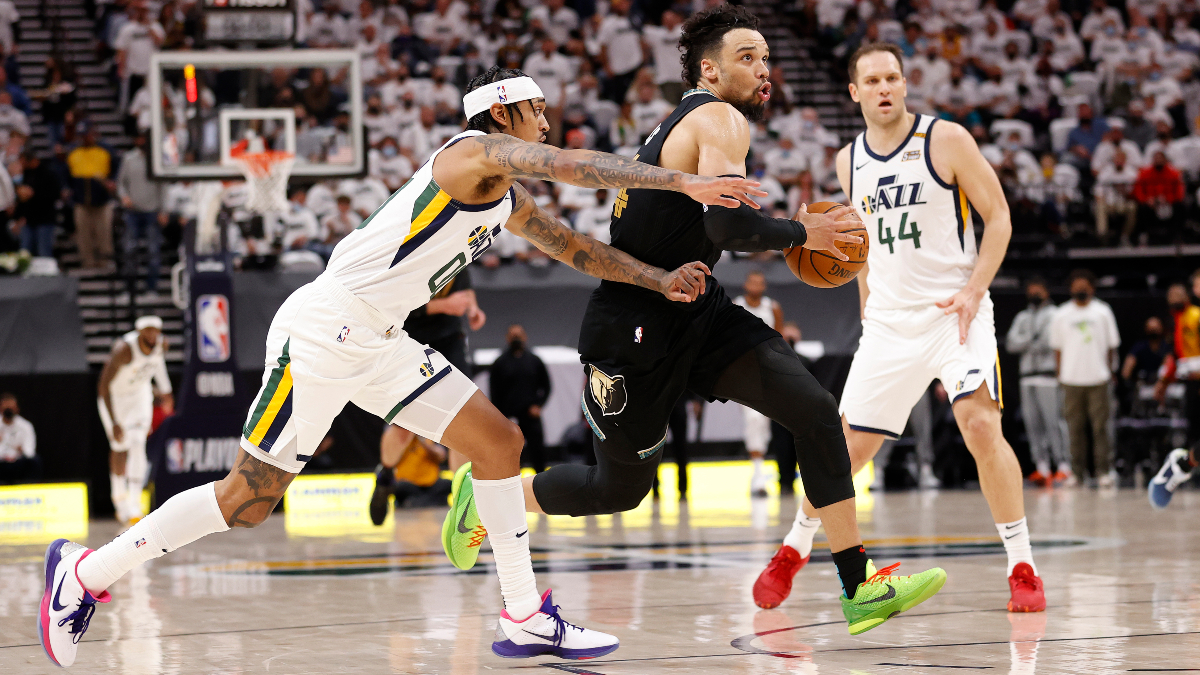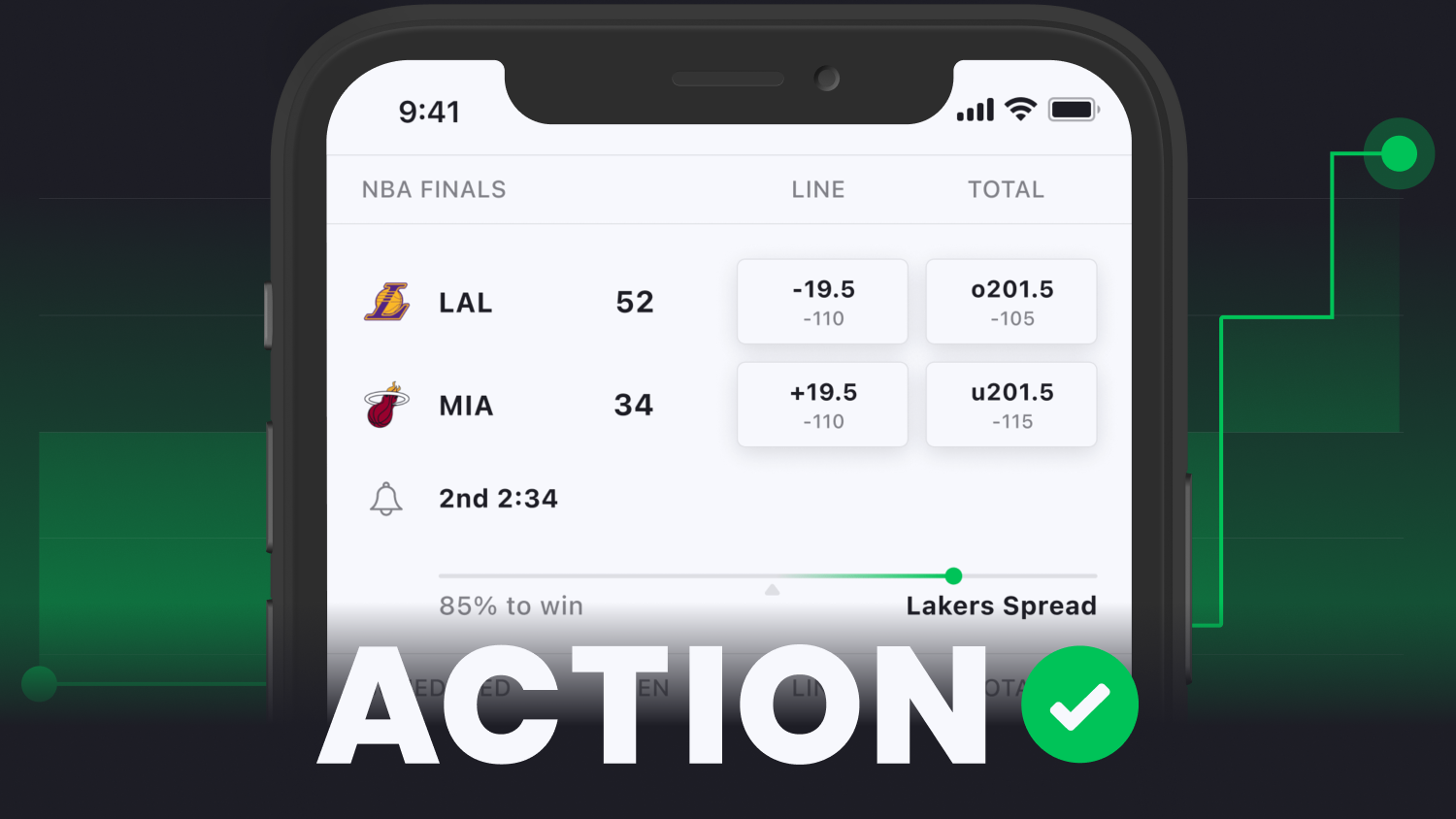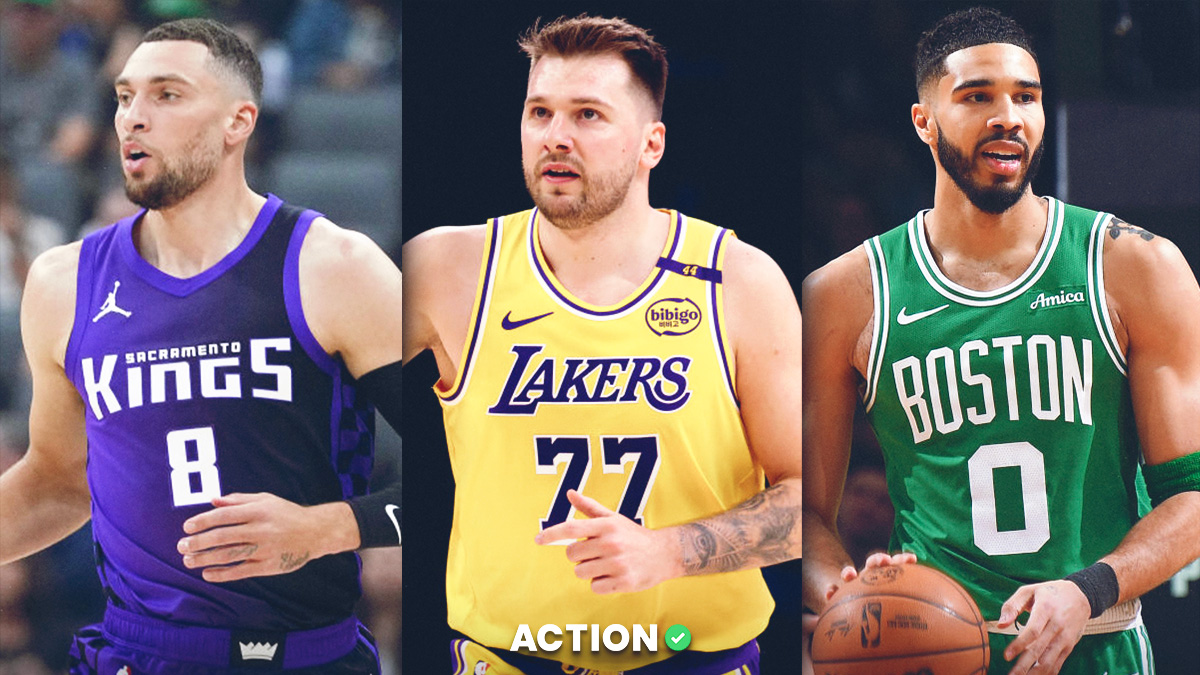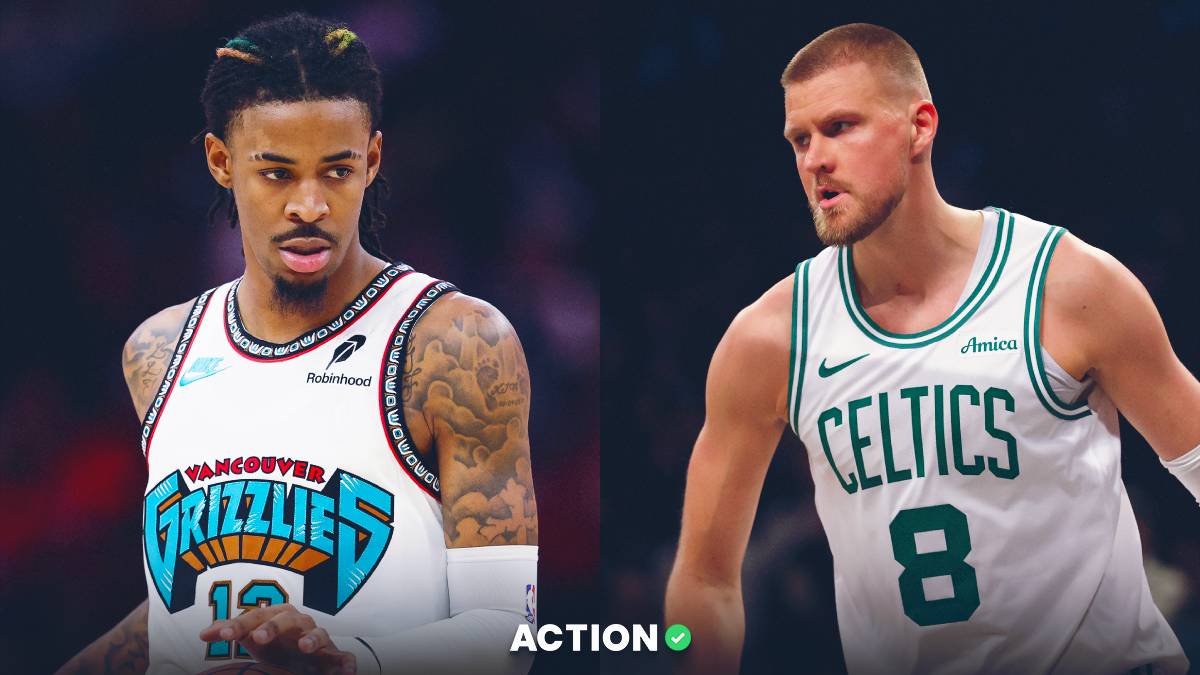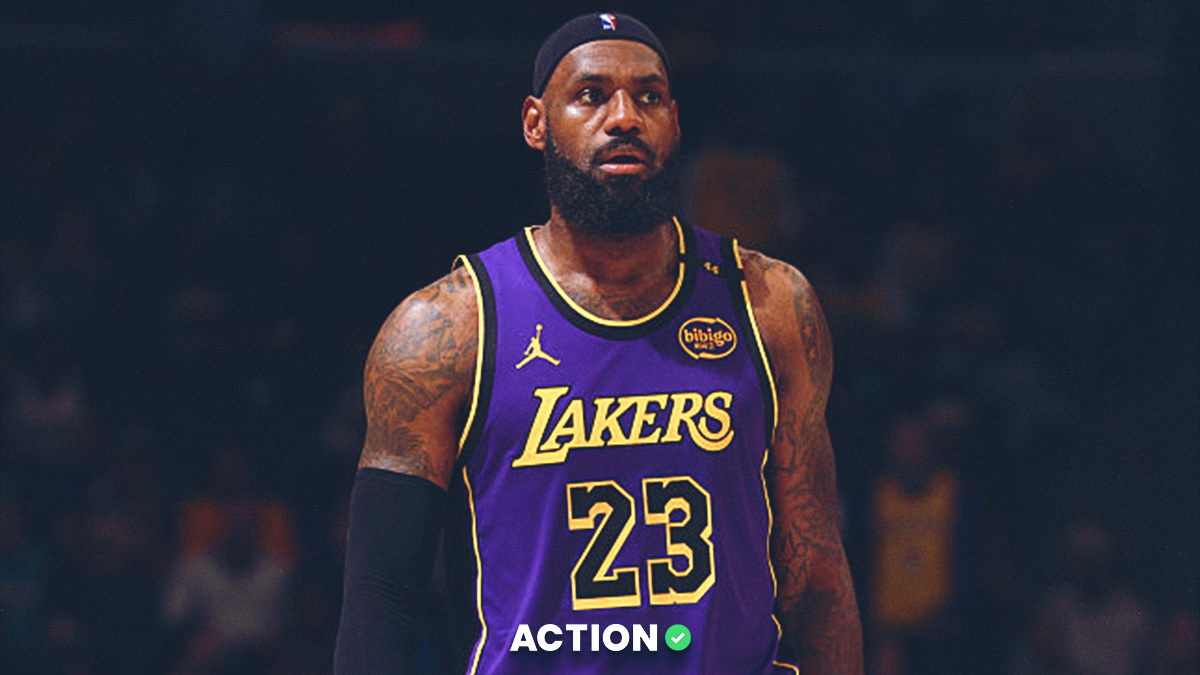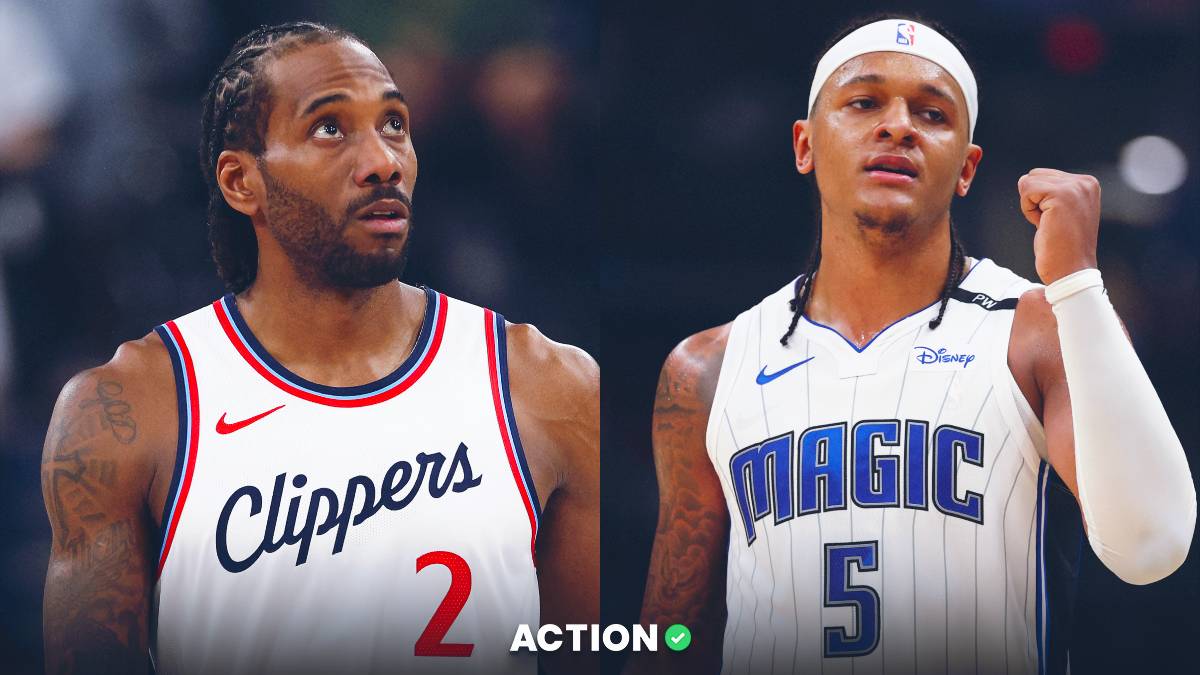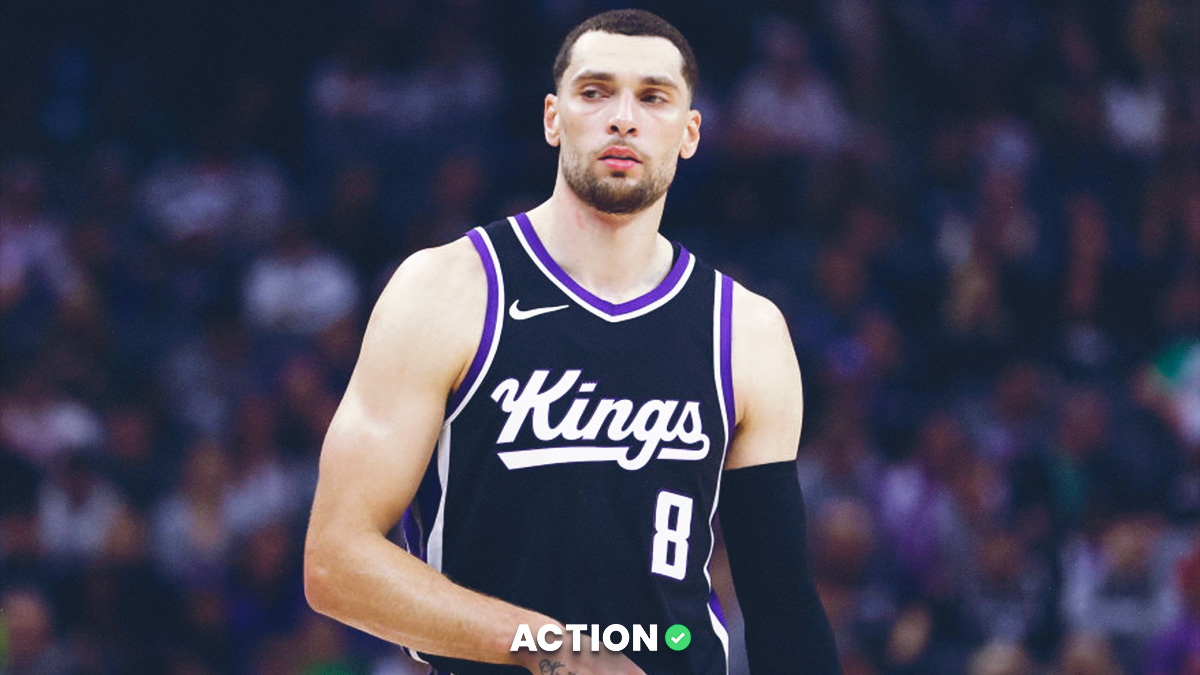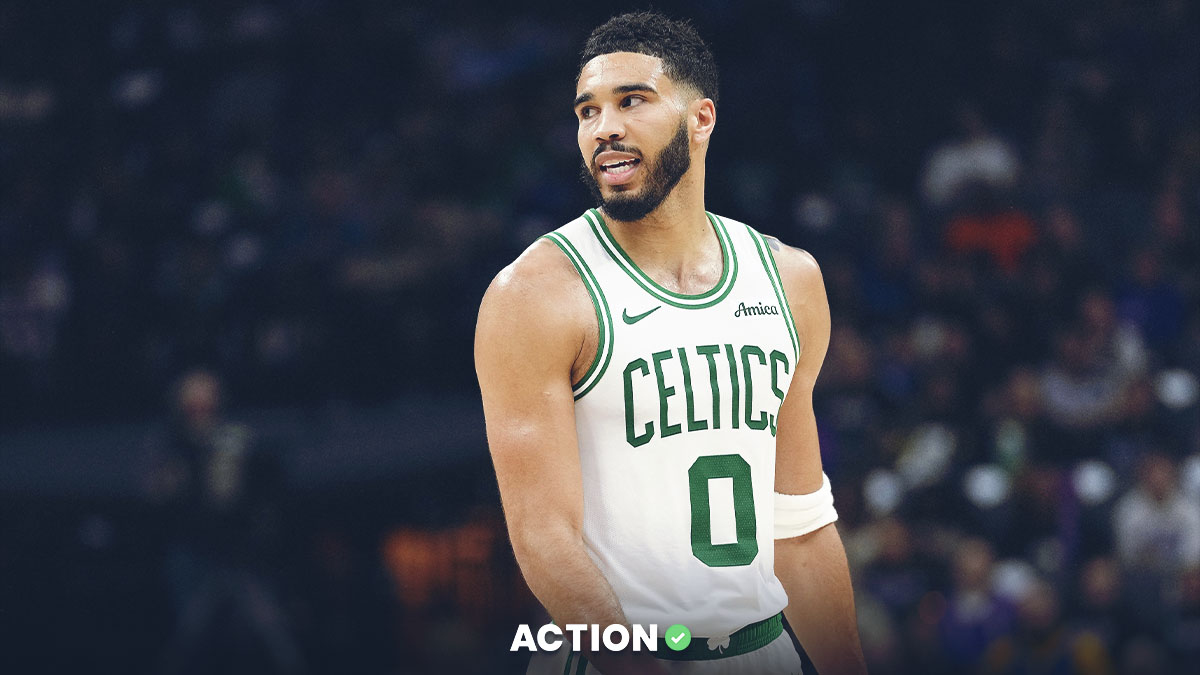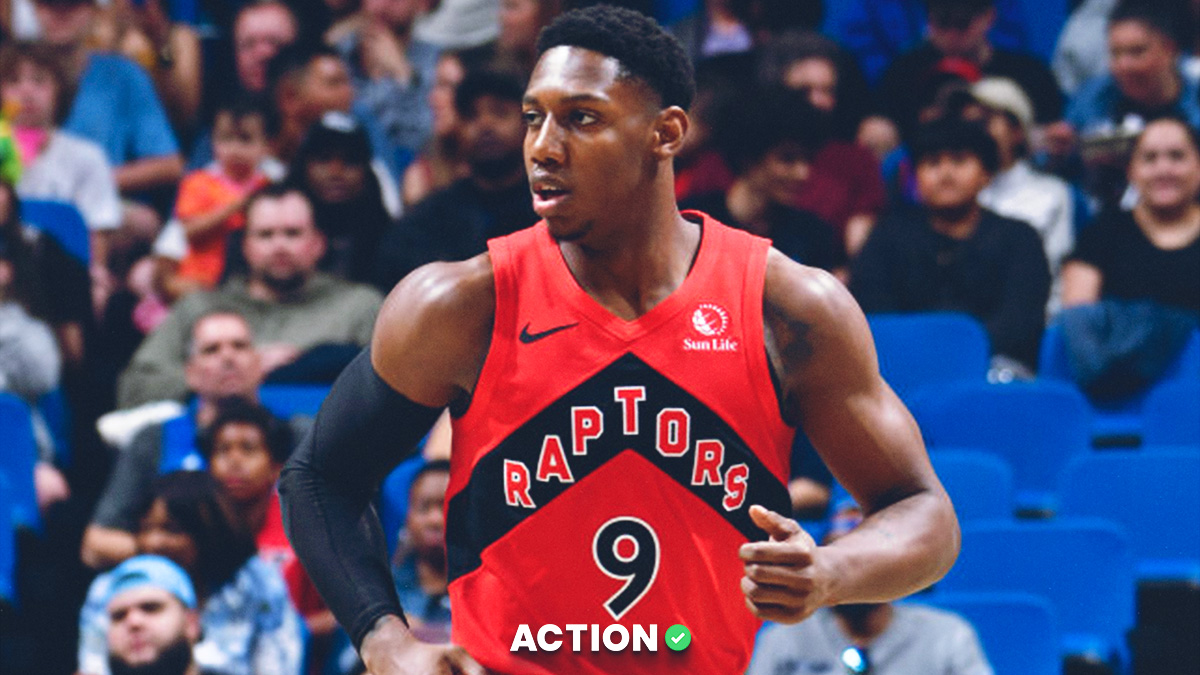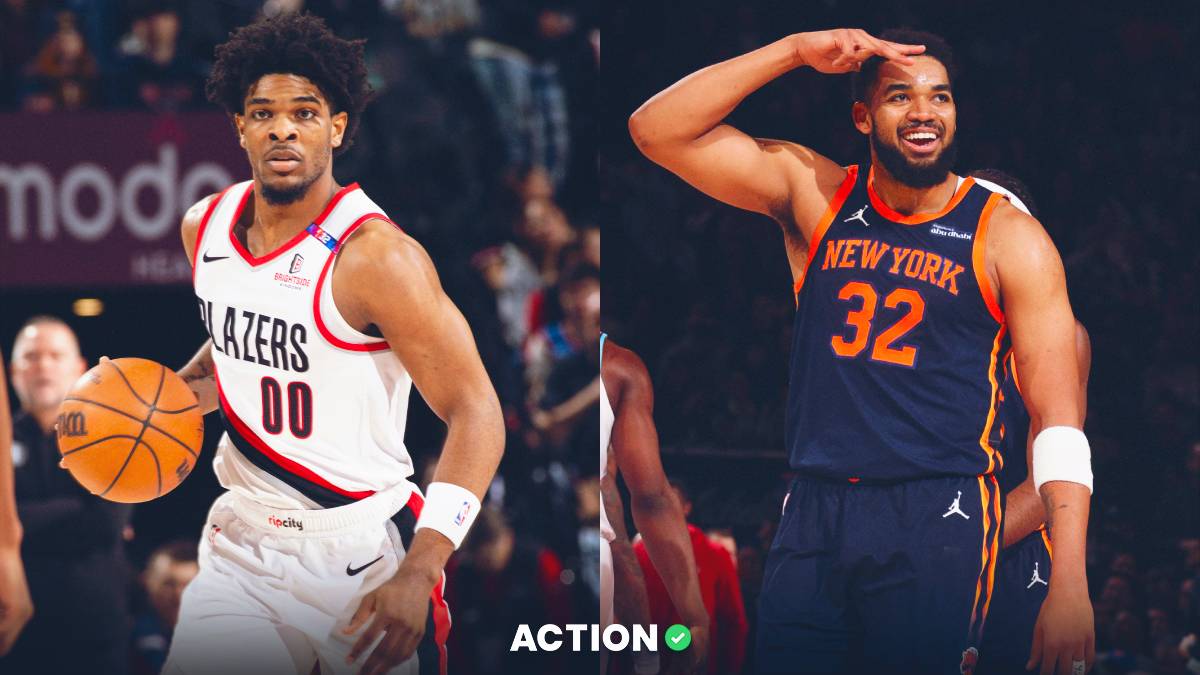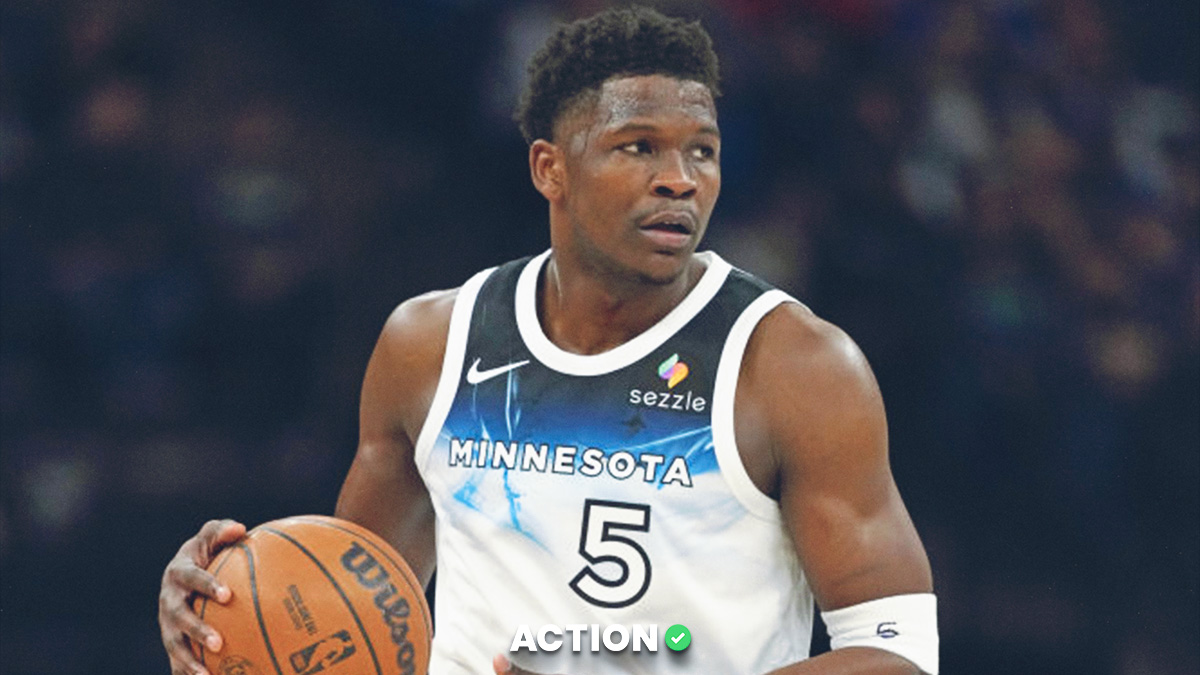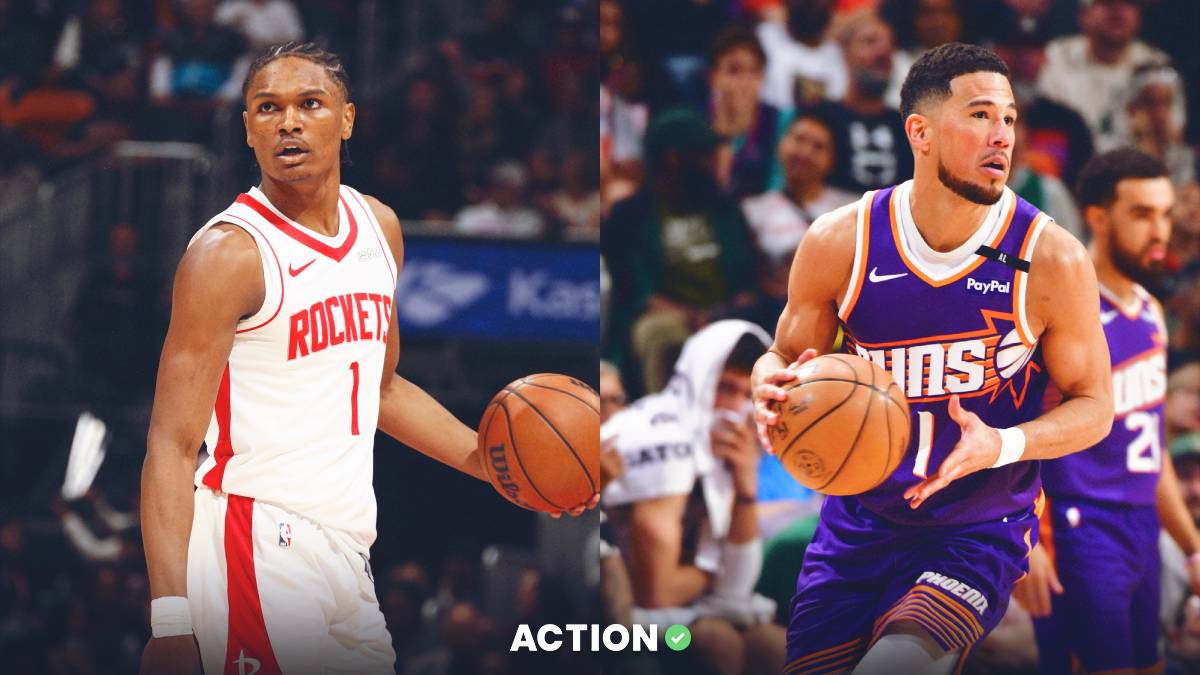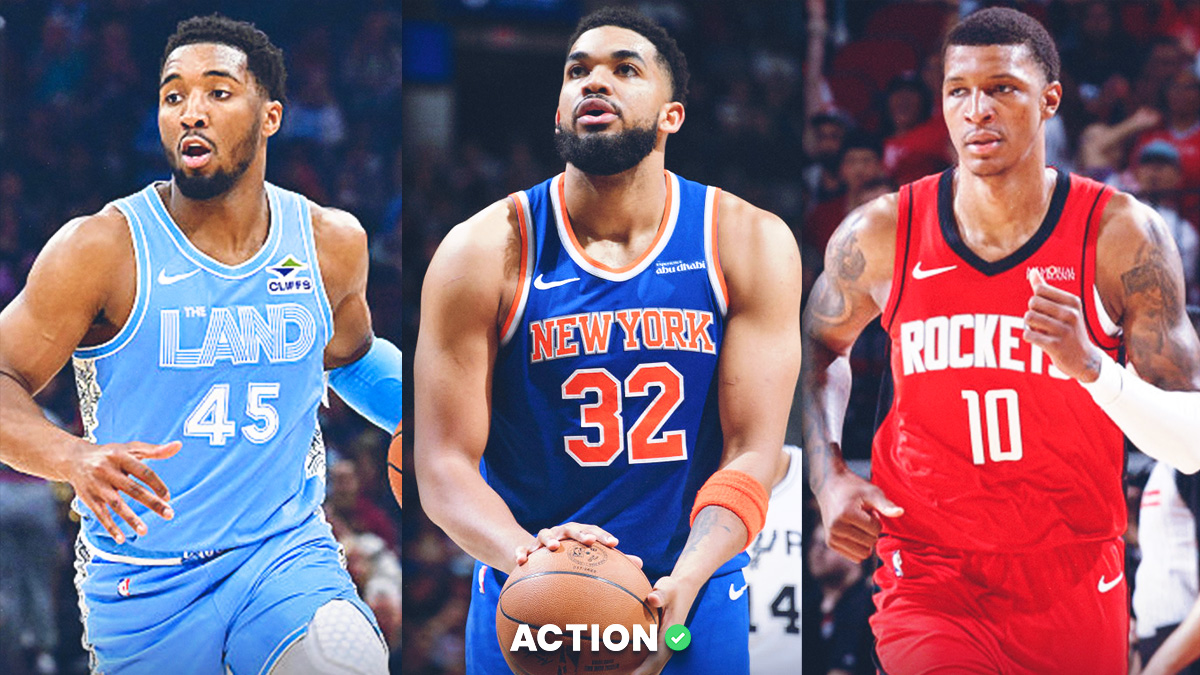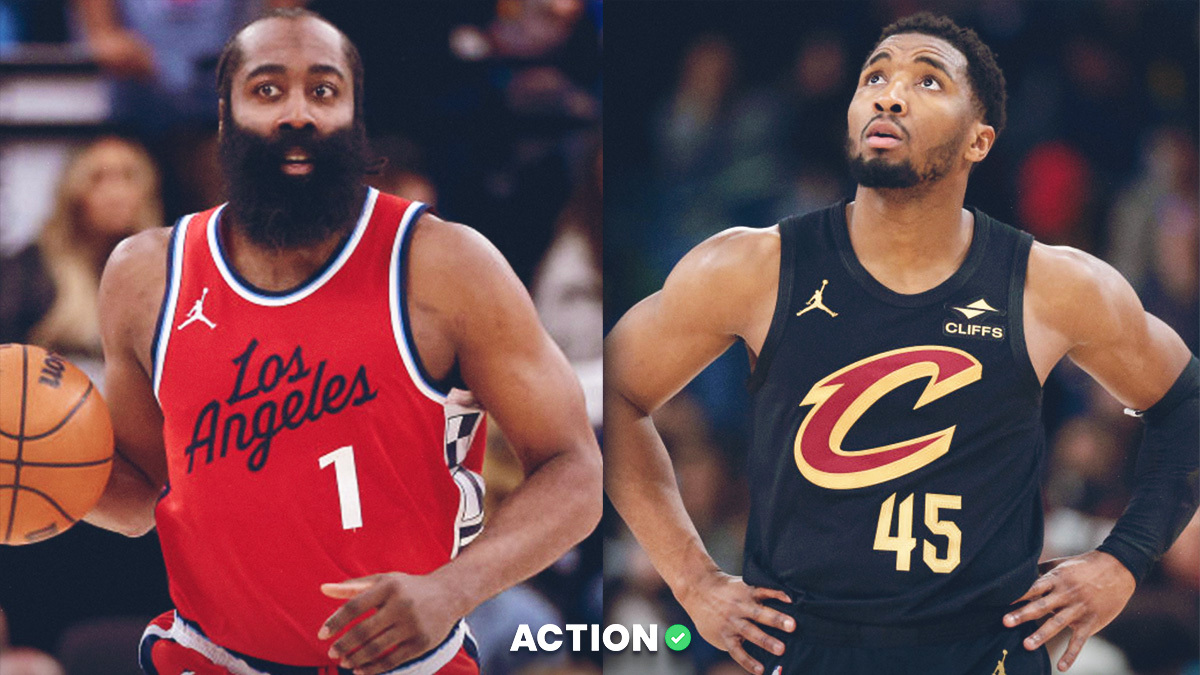Grizzlies vs. Jazz Odds
| Grizzlies Odds | +9.5 |
| Jazz Odds | -9.5 |
| Moneyline | -450 / +340 |
| Over/Under | 218.5 (-115 / -105) |
| Time | 10 p.m. ET |
| TV | TNT |
Well, well, well, the Memphis Grizzlies do not appear to be done just yet.
The Grizzlies could have lost a week ago tonight in the initial play-in game against the Spurs, and that would have been it. But Memphis won that game, and then shocked the Golden State Warriors right out of the playoffs.
Less than 48 hours later, playing on the road in elevation against a rested No. 1-seed that went 31-5 at home in the regular season, it looked like the Grizzlies had met their match.
The Jazz led by 10 after one quarter and by 14 halfway through the second, but that's when Memphis woke back up and punched the favorites in the mouth, then again and again, and Utah did not respond. The Grizzlies stunned the Jazz 112-109 for an early series lead.
So was it just a fluke, or does Memphis really have something here? And what do we make of the very weird Donovan Mitchell injury situation?
Let's dig into both teams and see what we can gather ahead of Game 2.
Memphis Excels in the Right Spots
The Grizzlies profiled as an extremely solid team in the regular season. They finished 14th in Net Rating and 15th in Offensive Rating, per Basketball Reference. They were better defensively, sixth-best there, but mostly just a very solid team that forced opponents to actually show up and beat them. And in Game 1, the Jazz couldn't do that.
The offense is unimpressive and outdated. Memphis ranked in the bottom 10 of the NBA in both 3-pointers made and 3-point percentage, and they were just outside the bottom 10 in 2-point percentage.
Ja Morant and Dillon Brooks have been among the league's brightest stars this postseason, but they were inconsistent at best in the regular season, and Morant's promising shooting during his rookie campaign had mostly disappeared.
What the team does well is maximize possessions. The Grizz rank sixth-best in both offensive rebounding percentage and in fewest turnovers, and they're good on the defensive glass and at forcing turnovers too.
That helps Memphis win the math game it's otherwise losing because of the poor shooting. If you can't be better than the opponent, just try to get more shots. If your shots are worse, you need to find extra possessions on the glass and in the turnover margin is a good way to do that.
The Grizzlies were second in the NBA with 9.1 steals per game, and steals are a great way to turn defense into instant offense, especially with a player like Morant who can get downhill in a hurry.
Possessions after steals are among the highest potential scoring outcomes possible. Memphis had 12 steals in Game 1, most of them in those middle two corners when the Grizzlies showed up physically and quite literally stole the game out from the Jazz's hands.
For all the many, many things Utah considers a strength on both ends of the court, one clear weakness this team had was its turnover percentage.
Utah had the 11th-highest turnover percentage, and the Jazz can get sloppy at times — especially when they're missing their lead handler and scorer in Mitchell. If you notice the Jazz getting sloppy and the Grizzlies running out off steals early, that's typically a great bellwether of Memphis success.
Beyond that, Memphis may have to try to grit-n-grind its way through a few more victories. Brooks has quickly developed a reputation as one of the league's best perimeter defenders. Even if Mitchell does return, Brooks will make it a rocky re-debut.
Jonas Valanciunas has been a mountain man in the post — he matched Gobert blow for blow in Game 1 and got him into foul trouble. Morant has been an awesome closer, and the Grizzlies are deep with young options like Desmond Bane, Xavier Tillman, and DeAnthony Melton ready to feature off the bench.
The Grizzlies are not a great team yet, but they're a good one, and they're going to make any opponent work for win. The question is whether the Jazz are ready for the fight.
Can the Jazz Regain Their Regular Season Form?
There's little question the Jazz are the better team, at least on paper.
Utah finished first in any all-in-one advanced metric worth its salt in the regular season, and usually by a significant margin. The Jazz went 52-20 and actually played under their Pythagorean expectations. They finished top-four in both Offensive and Defensive Rating, per Basketball Reference.
They lost back-to-back games five times all year, twice when they were missing both Mitchell and Mike Conley late, and they never lost three straight. With at least one of their starting guards available, the Jazz went 46-16, a 61-win pace over a normal season.
The Jazz were a genuinely great regular season team. They led the league in 3-point attempts and makes, ranked fourth in 3-point percentage, and top-10 in 2-point percentage. Utah also ranked third in offensive rebounding percentage, a rarity for a team that shoots so many 3s and even rarer for a team that crashes the offensive glass without sacrificing anything defensively.
Utah allowed the fewest 3s in the NBA on defense at just 10.9 per game, and the Jazz allowed the second most 2-point attempts but had the league's No. 1 2-point defense at 50.4% thanks to Gobert cleaning everything up at the rim.
Utah may not have that one recognizable superstar, but virtually every measurement we've got paints the Jazz as an elite team. So what in the world happened in Game 1?
Well, for starters, Mitchell didn't play. Mitchell is the star of this offense, especially in the playoffs where isolation scoring is elevated, his penetration is irreplaceable for this team. Without Mitchell in Game 1, the Jazz didn't have a real Plan B. They just kept firing up 3-pointers all game until the shots finally started to fall in the fourth quarter, too little, too late.
The Jazz hit their first two 3s in Game 1, then missed 17 of their next 19 before halftime, adding 10 turnovers that led to easy Memphis points. That continued into the third quarter and the Jazz finished 12-of-47 on 3s, an ugly 26% mark that was honestly much worse than that but saved by six fourth quarter makes.
Mitchell wasn't the only key Jazz player missing. Gobert couldn't stay on the court either. The king of NBA plus-minus finished with a plus-nine rating in 25 minutes on the court, but foul trouble pushed Rudy off his game all night and the Jazz were minus-12 in the 23 minutes Gobert sat. Gobert is an All-NBA lock and made many MVP ballots. Eleven points and only half the minutes when your co-star is sidelined watching is not going to cut it.
Gobert has to be better in Game 2. Utah needs to hit some of those shots it missed, and it needs to not settle so easily for them at times. The Jazz really need Mitchell back in full force.
Grizzlies-Jazz Pick
There are two alternating narratives here, and it's easy to talk yourself into either one of them.
The first is more obvious: Memphis is just tougher and Utah is a regular season paper tiger that's just not built for the playoffs. Maybe the smoke behind that strange last-second Mitchell scratch is actually fire behind the scenes for a team that hasn't exactly been without drama since the start of the pandemic. Maybe this is the rise of a young Grizzlies team.
The other narrative is less obvious, and it's not as good of a story. In that narrative, the Jazz are the much better team from every angle or measure. They're the team that took hold of Game 1 early before their shooting went colder than it had gone all season, and a team that was missing its leading scorer unexpectedly after spending all week planning a very different attack.
In this narrative, the Jazz are still the team that went 31-5 at home, still playing with a ton of fans and an elevation advantage against a tired opponent while Mitchell has fresh legs after not playing since April 16, while Conley is mostly fresh too.
This narrative remembers that the Grizzlies are good on defense and on the glass but that the Jazz are better, and that Memphis struggles to score as long as the opponent doesn't turn the ball over a ton like the Jazz and Warriors did the last two games.
The second narrative believes a simple and obvious premise: the Jazz are probably better with their two best players on the court. That a better Gobert game with more minutes, plus trading in 10 minutes each from Georges Niang, Miye Oni, and Jordan Clarkson for Mitchell is actually a pretty useful trade-off.
This narrative remembers that even the Jazz without Mitchell or half of Gobert, the team with heaps of turnover run outs and an awful night of shooting — yes, THAT team — was still one shot away from stealing Game 1 back in the final minute.
The Jazz are still really good, and it would be crazy to sell on Utah after one bad game where nearly everything went wrong. The Jazz aren't the first good team to blow Game 1, but many such teams have recovered to win the series and more, and Utah has to be liking the path that's opening up with the terrible-match-up Clippers on the ropes and the Lakers not exactly convincing on the other half of the bracket.
If you believe in what the Jazz have done this season, this might be your last chance to buy Utah futures. If the Jazz right the ship in Game 2, a five-game series win is still very much in play, and Utah might well see the 2, 3, and 4-seeds in the West all go down with a clear path to the Finals.
For now, I'll stick with the Jazz for one more game. Utah is the better team, and we can't let one wonky Game 1 result throw off our feel for the whole series. The Jazz have come too far this season to throw this all away 0-2 at home.
Count on Utah to fight through and find a way.
Pick: Jazz -9 (play to -9.5)


